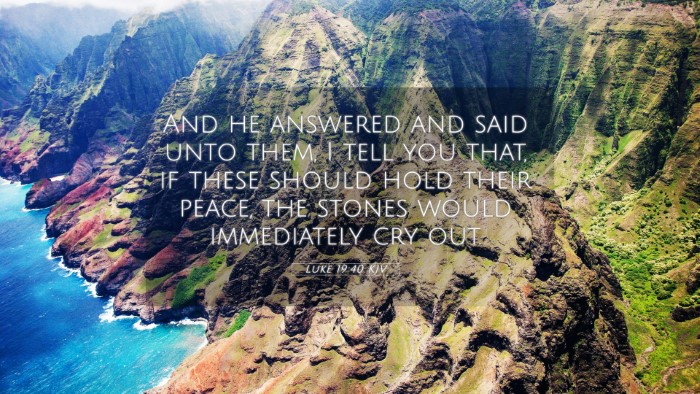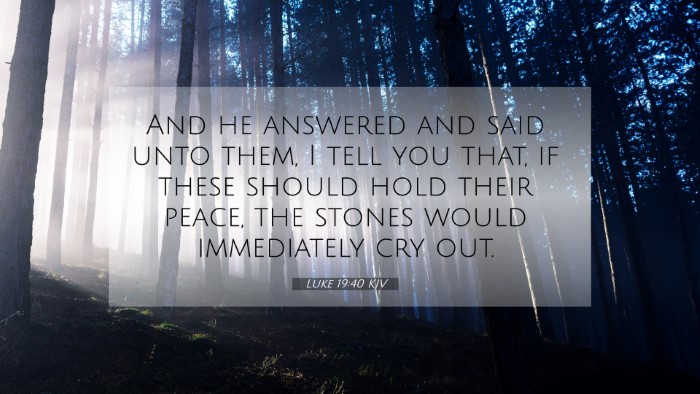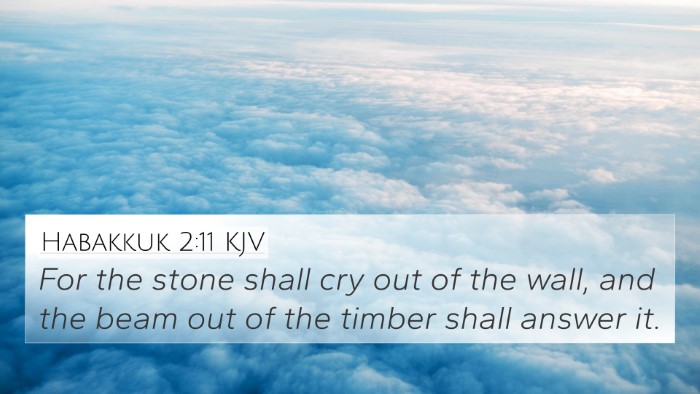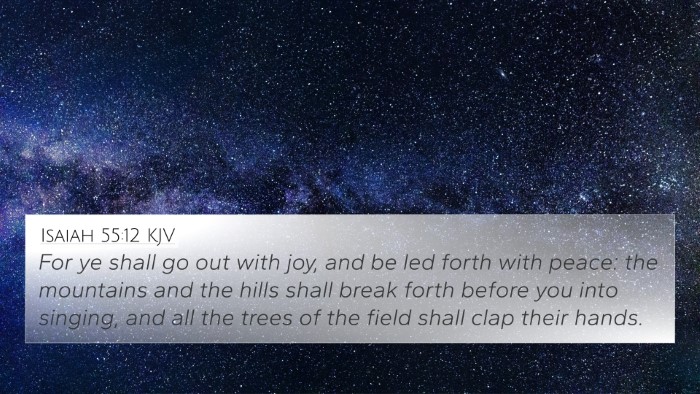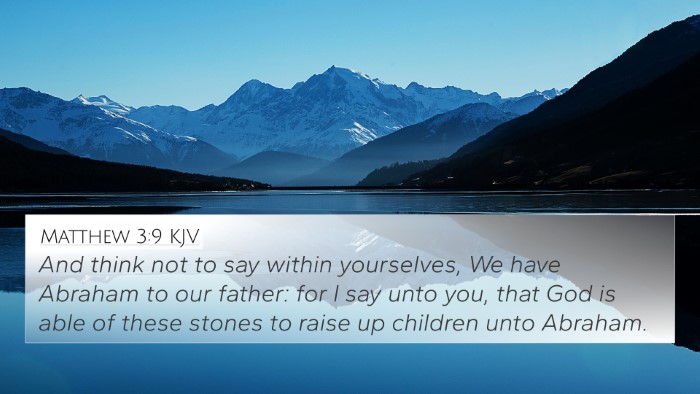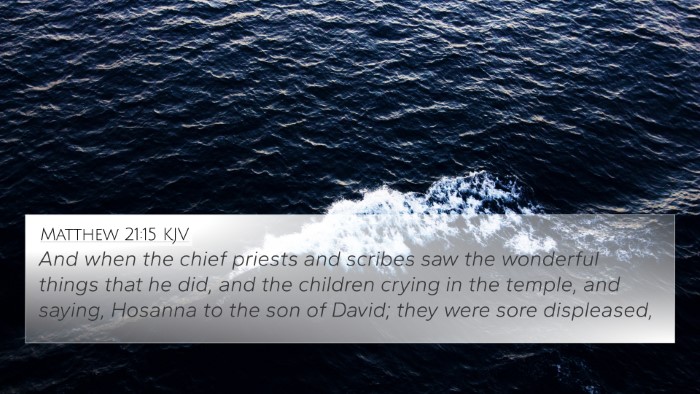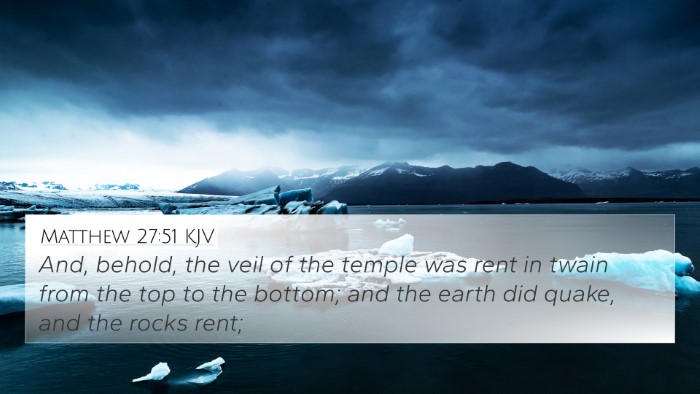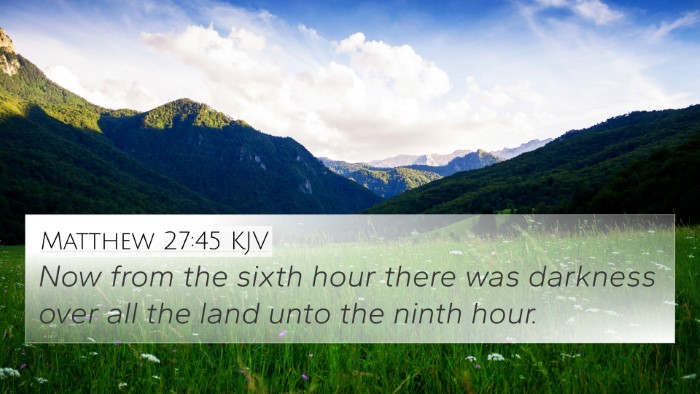Understanding Luke 19:40
Luke 19:40 states, "But he answered, 'I tell you, if these were silent, the very stones would cry out.' This verse forms a significant commentary on the recognition of Jesus as the Messiah and the inherent response of all creation to His presence.
Background and Context
This scripture occurs during the triumphant entry of Jesus into Jerusalem, as the crowd praises Him, recognizing His kingship. The Pharisees, upset with this public acclamation, urge Jesus to silence His followers. In response, Jesus affirms that the praise of God cannot be suppressed, even if it means that inanimate objects like stones would proclaim His glory.
Commentary Insights
- Matthew Henry: Henry points out that Jesus emphasizes the necessity of praise. The stones crying out signifies that God's glory will be revealed no matter the resistance from mankind. This serves as a warning to those who forget to acknowledge Him.
- Albert Barnes: Barnes reflects on the idea that every aspect of creation is responsive to the Creator. He indicates that the silence of the people would not prevent the declaration of Jesus’ significance and authority as the Son of God.
- Adam Clarke: Clarke expands on the metaphor, suggesting that if men fail to fulfill their role in glorifying God, the very elements of nature will act in their stead. This highlights the universal recognition of Christ’s authority.
Thematic Connections
This verse reveals strong themes of worship, recognition of authority, and the nature of creation. It resonates with numerous scriptural teachings and forms connections that deepen the understanding of biblical reverence and praise.
Bible Verse Cross-References
- Psalms 19:1: "The heavens declare the glory of God, and the sky above proclaims his handiwork." - This verse enhances the theme of creation praising God.
- Isaiah 55:12: "For you shall go out in joy and be led forth in peace; the mountains and the hills before you shall break forth into singing." - Nature rejoicing parallels the stones crying out.
- Matthew 21:15-16: In the context of Jesus’ ministry, here children glorify Jesus in the temple, connecting the praiseworthy acts of humans and stones.
- Romans 8:19: "For the creation waits with eager longing for the revealing of the sons of God." This verse directly correlates to the notion that creation acknowledges its Creator.
- Luke 3:8: "Bear fruits in keeping with repentance. And do not begin to say to yourselves, 'We have Abraham as our father,' for I tell you, God is able from these stones to raise up children for Abraham." - Reiterates God's power to bring forth praise from unlikely sources.
- John 12:19: "So the Pharisees said to one another, 'You see that you are gaining nothing. Look, the world has gone after him!'" - The acknowledgment of Jesus' growing popularity ties back to the message in Luke 19:40.
- Habakkuk 2:11: "For the stone will cry out from the wall, and the beam from the woodwork respond." - A similar imagery reinforcing that inanimate objects can testify God’s truth.
Connections with Other Bible Verses
The connection between Luke 19:40 and these references demonstrates God's undeniable presence and the universal acknowledgment of His lordship. The thematic connections uncover a broader narrative of worship across the Scriptures.
Tools for Bible Cross-Referencing
To further delve into the connections among these verses, utilizing tools such as a Bible concordance or a cross-reference Bible study guide will greatly enhance your understanding and exploration of scripture themes.
How to Use Bible Cross-References
Understanding the context, the audience, and the cultural background can provide insights when you explore Bible cross-references. Libraries and online platforms offer comprehensive Bible cross-reference materials that can aid in your research.

